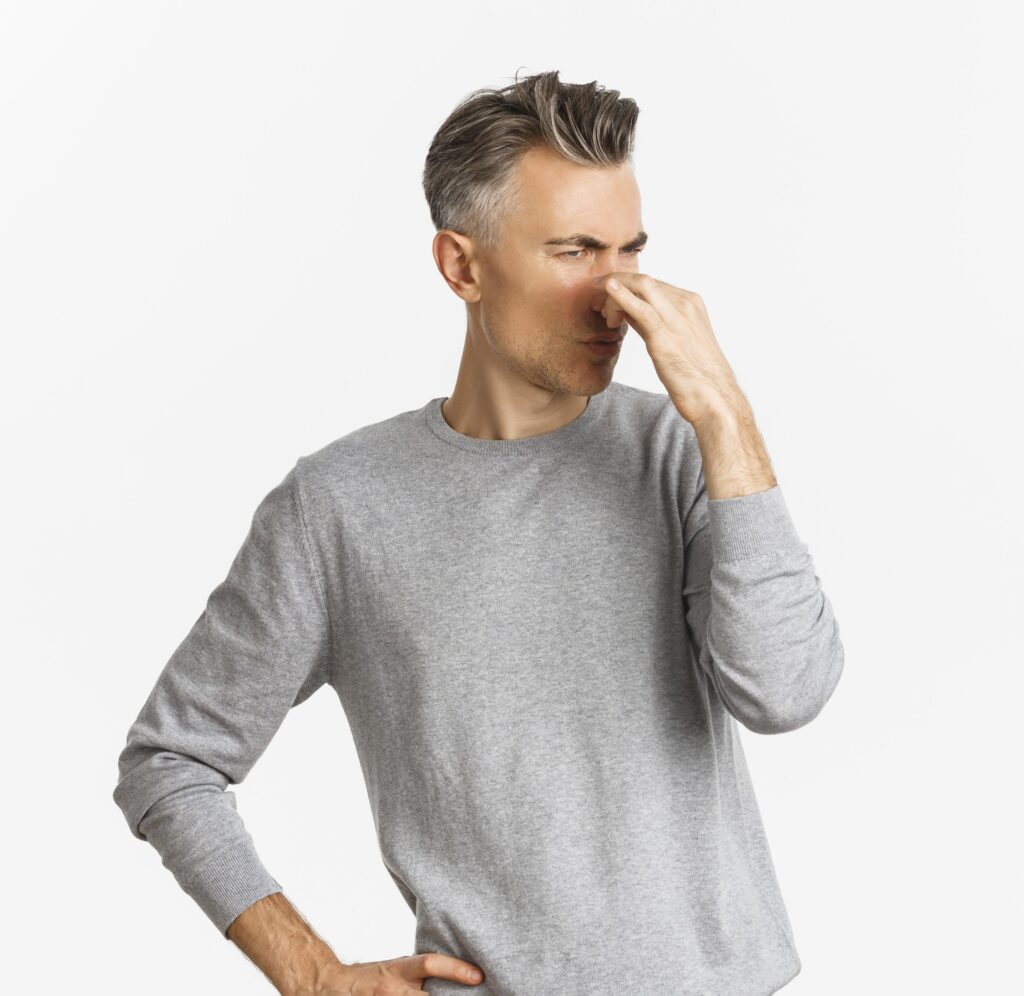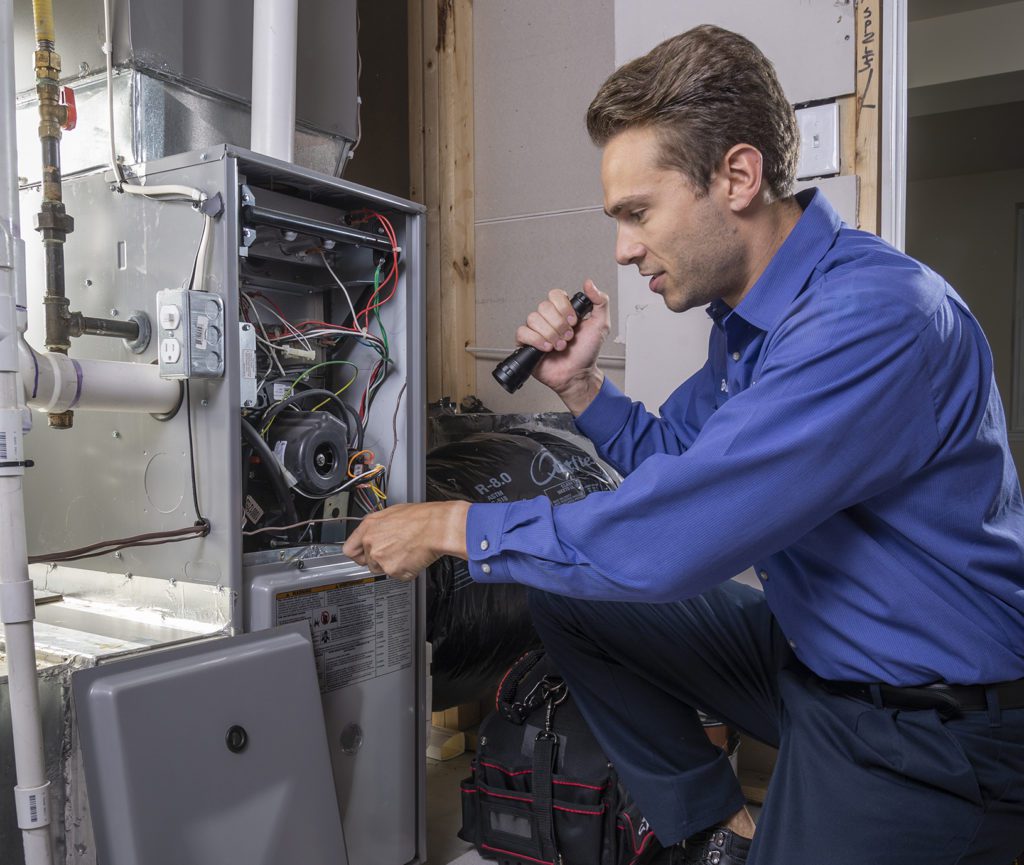KEEP YOUR HOME SAFE AND FREE FROM FOUL ODORS
What’s that terrible smell? Oh no! It might be your heating system. Did you know that a damaged system can cause putrid smells to spread throughout your home?
Foul odors can also indicate that:
- Your system may have a gas leak
- The heat exchanger may be cracked
- Vital wires might severed or frayed
- There could be a foreign object inside your system
ALL OF WHICH COULD LEAD TO A FIRE OR OTHER SAFETY ISSUES
Other issues that should be on your radar:
- Poor indoor air quality
- Your home never reaches the optimal temperature
- Utility bills are higher than normal
- Loud noises
Experiencing any of these issues? Give us a call and get $50 off any heating repair today. Our certified, seasoned specialists have you covered with:
- 24/7 Emergency Services
- Quick, Expert Solutions
- Decades of Award-Winning Service
- Countless Positive Reviews
Signs Your System Has a Gas Leak
- Rotten Egg Smell: Gas companies add a distinctive odor. If you smell rotten eggs, it could be a gas leak.
- Hissing Sounds: A hissing noise near gas lines or appliances can indicate a leak.
- Dead Plants: Indoor plants wilting without explanation may suggest a gas leak affecting oxygen levels.
- Health Symptoms: Symptoms like dizziness, nausea, or fatigue can result from inhaling gas.
- Bubbles in Water: If gas is leaking near a water source, bubbles may appear.
- Visible Damage: Look for damaged connections, pipes, or gas appliances.
- Unexplained Hike in Bills: A sudden increase in gas bills without increased usage can signal a leak.
If you suspect a gas leak, prioritize safety. Evacuate the area, avoid open flames, and contact your gas provider and emergency services immediately.
Signs of a Cracked Heat Exchanger
- Visible Cracks: Check for any visible cracks on the heat exchanger.
- Soot Buildup: Excessive soot around the furnace or burners indicates an issue.
- Strange Noises: Unusual sounds like popping or banging during heating may suggest a crack.
- Carbon Monoxide Presence: A cracked exchanger can leak carbon monoxide; watch for symptoms like headaches.
- Flame Irregularities: A yellow or flickering flame instead of a blue one can be a sign.
- Increased Bills: Higher heating bills could indicate reduced efficiency from a cracked exchanger.
- Frequent Cycling: Overheating may cause the furnace to shut off frequently for safety.
If you notice any of these signs, promptly reach out to us for a thorough inspection and necessary repairs. Ignoring a cracked heat exchanger poses safety risks, including potential carbon monoxide exposure.
Signs of Wiring Issues
- Frayed Wires: Examine visible wiring for fraying or damage.
- Electrical Issues: Frequent electrical problems may signal wire damage.
- Burnt Smell: A burning odor, especially near outlets, can indicate wire issues.
- Flickering Lights: Lights that flicker or dim unexpectedly may point to wiring problems.
- Tripped Breakers: Frequent tripping of breakers may suggest electrical faults.
- Sparks: Visible sparks or electrical arcs are clear signs of wire problems.
If you notice any of these signs, prioritize safety. Turn off power to the affected area, and contact us for inspection and repairs.
Signs of a Foreign Object in Your System
- Unusual Noises: Strange sounds like rattling or banging indicate a possible foreign object.
- Reduced Airflow: Obstructions can impede airflow, causing reduced heating or cooling efficiency.
- Unexplained Odors: Foreign objects may produce unusual smells when exposed to heat.
- System Overheating: Excessive heat due to obstructions can lead to system overheating.
- Visible Debris: If you see debris or foreign objects in or around the system, investigate promptly.
- System Vibrations: Vibrations or shaking during operation may indicate an obstruction.
If you observe these signs, it’s advisable to turn off the system and seek professional assistance to safely identify and remove any foreign objects.
Book Your Service Now: 770-852-8504
 Highest-rated heating pros that never charge emergency fees.
Highest-rated heating pros that never charge emergency fees.




